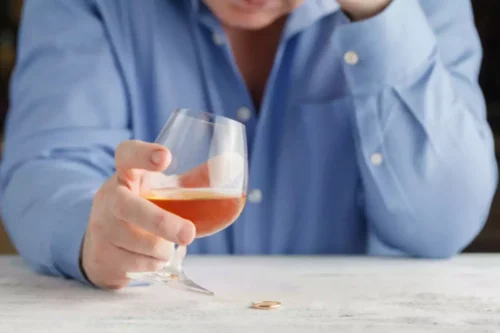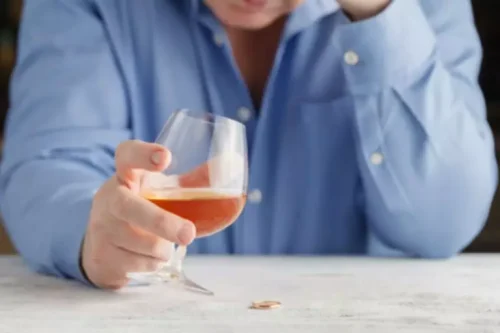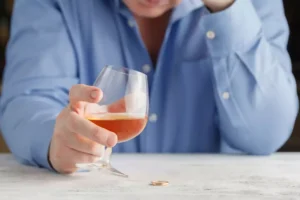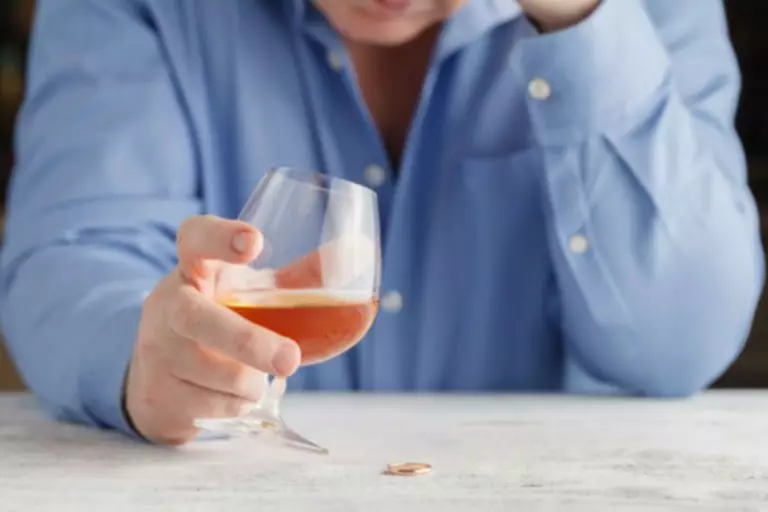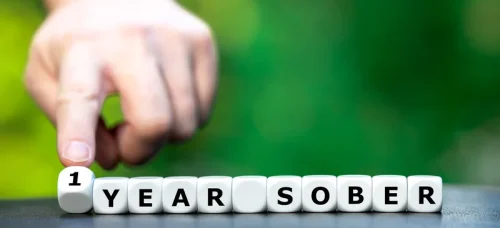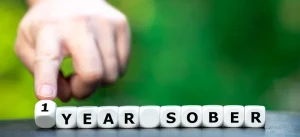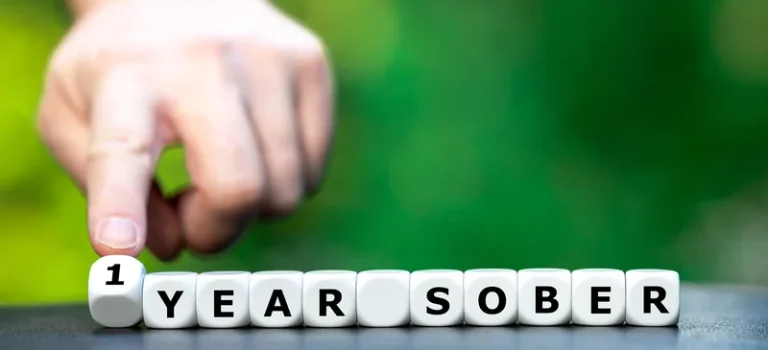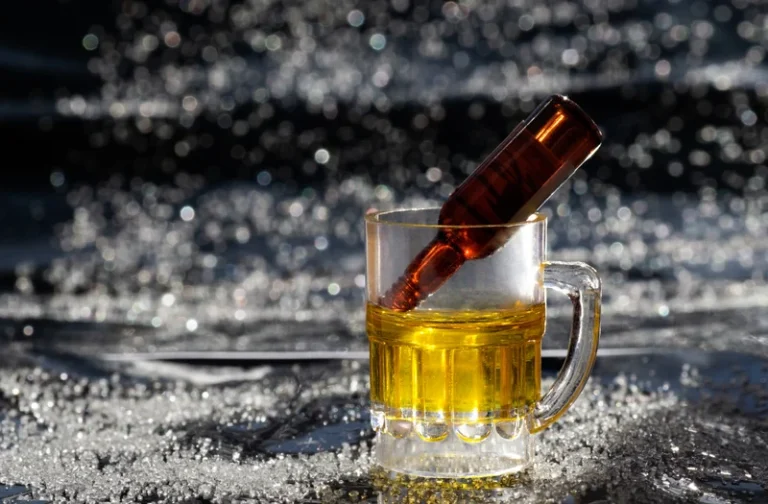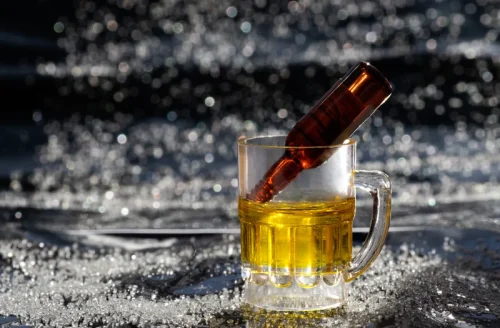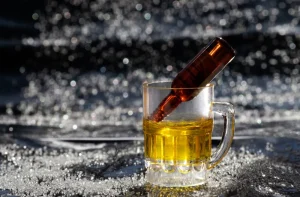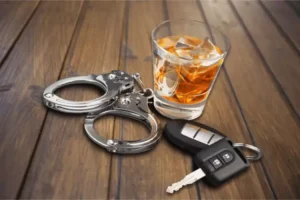
Reframe supports you in reducing alcohol consumption and enhancing your well-being. Understanding the connection between dopamine and alcohol could inspire us heroin addiction to make more informed decisions about our drinking habits. Into Action Recovery Centers provides an abstinence-based program and all of our staff members have a strong understanding of the recovery process through personal experience. We are passionate about sharing the process involved in living a drug and alcohol-free life.

Merely a Taste of Beer Can Trigger a Rush of Chemical Pleasure in the Brain
Ethanol is a liposoluble neurotropic substance which penetrates the blood-brain barrier and inhibits central nervous system (CNS) functions; it is directly toxic to the brain. The etiology and pathology of alcohol dependence is the outcome of https://ecosoberhouse.com/ a complex interplay of biological, psychological and socio-environmental factors. CNS neurotransmitters play an important role in the development of alcohol addiction. To recap, alcohol initially increases dopamine levels, contributing to its pleasurable effects.
Mechanisms of the Pharmacological Interactions of Alcohol and Caffeine
- (For more information on glutamate receptor subtypes, see the article by Gonzales and Jaworski, pp. 120–127.) Consequently, dopamine can facilitate or inhibit excitatory neurotransmission, depending on the dopamine-receptor subtype activated.
- In fact, Rajneesh said that any activity that is “evolutionarily protective and essential for our well-being and survival” releases dopamine.
- While we’ve discussed the general effects of alcohol on dopamine, it’s crucial to understand that these effects can vary significantly from person to person.
- Therapy sessions will teach you coping techniques to deal with the triggers that fuel drinking.
- Alcohol dependence is characterised by deficits in the physiological dysregulation of motivation and reward systems, such as those in the limbic system, hippocampus, amygdala, caudate nucleus, frontal lobe and nucleus accumbens.
- When comparing alcohol’s dopamine effects to other substances, it’s important to note that while alcohol does increase dopamine levels, its effects are generally less intense than those of many illicit drugs.
This, by the way, is one reason you don’t want to drink alcohol while taking benzodiazopenes; the effects will be amplified, and that can slow your heart rate and respiratory system down to dangerous levels. It’s important to note that dopamine levels can recover after quitting alcohol, but this process can take time and may require professional support. The brain’s ability to adapt and heal, known as neuroplasticity, means that with abstinence, the dopamine system can gradually return to a more balanced state. In clinical trials in Sweden, alcohol-dependent patients who received an experimental drug called OSU6162, which lowers dopamine levels in rats, experienced significantly reduced alcohol cravings. Researchers are also investigating whether drugs that normalize dopamine levels in the brain might be effective for reducing alcohol cravings and treating alcoholism.
Ways to Improve Your Dopamine Levels

Our counseling staff provides individualized treatment and care for our clients with an emphasis on tailoring treatment to the specific needs of each individual. Additionally, our staff provides family counseling, relapse prevention, life skills, and grief and trauma counseling. Drinking heavily can also impair your cognition by affecting your diet and vitamin absorption. Some alcoholics become deficient in an enzyme that prevents them from metabolizing vitamin B1 (thiamine), or they simply don’t eat a nutrient-rich diet, causing malnutrition.
Brain Insulin Resistance: Mechanisms, Neuropsychiatric Implications, and Therapeutic Frontiers
The effect is that does drinking release dopamine you keep drinking to get more dopamine release, but at the same time you’re altering other brain chemicals that are enhancing feelings of depression. By the end, you’ll have a comprehensive understanding of how that seemingly innocent cocktail can set off a complex chain of neurochemical events in your brain. The dopamine high that comes from drinking is far more exciting than the effects of alcohol consumption.
- For instance, individuals with higher levels of impulsivity or sensation-seeking behaviors may be more sensitive to alcohol’s effects on dopamine, potentially increasing their risk of developing problematic drinking patterns.
- “Engaging in activities that enhance your well-being such as yoga, exercise, hobbies and games …
- The comparison of alcohol’s effects with the effects of conventional reinforcers, such as food, however, provides some clues to dopamine’s role in mediating alcohol reinforcement.
- Many substances that relay signals among neurons (i.e., neurotransmitters) are affected by alcohol.






